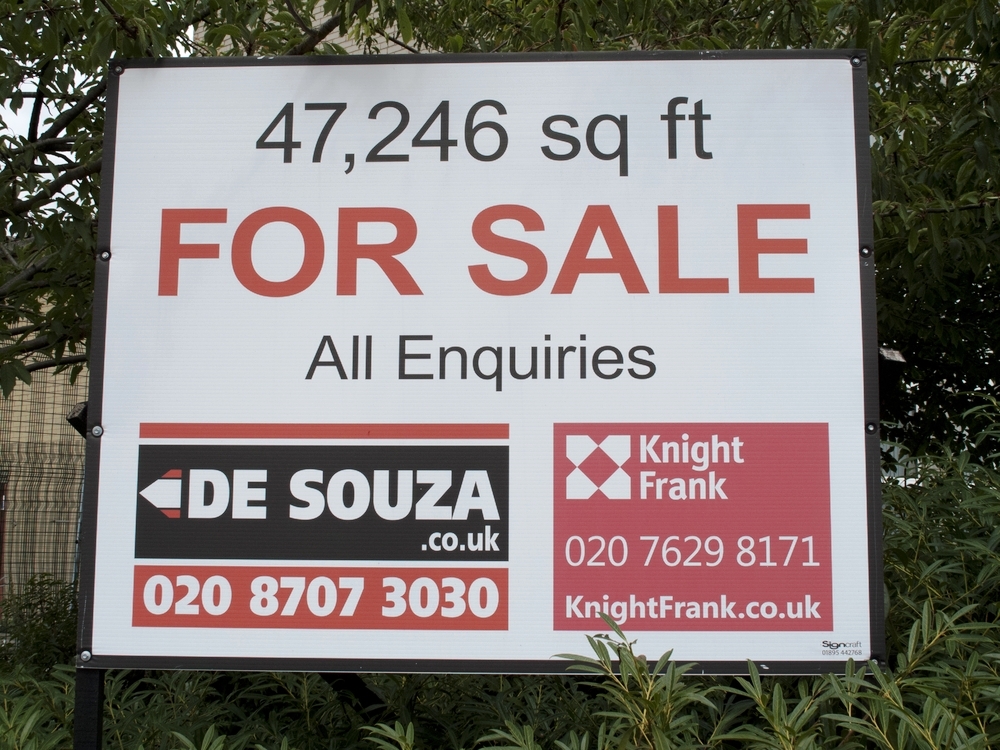
The referendum has created a great deal of volatility, especially in equity markets. However, I want to discuss the impact that the Referendum has had on UK Property funds

At this time I think it is important not to panic
Brexit has focused attention on the UK commercial property market, which investors fear will become less appealing with the UK outside the European Union. As a result, over the last two weeks, several major UK commercial property funds have suspended trading in an attempt to stem the wave of withdrawals. Suspension means that investors in these funds will be unable to withdraw their cash until trading resumes.
The current suspension of trading is generally due to the complex nature, and length of time involved in large commercial property transactions. Fund managers do not have sufficient liquidity in their funds to meet the demands of the large number of investors who currently want out. In addition, they want to protect their loyal investors’ interests by getting fair value for any property that they do sell, whilst not diluting the mix and quality of their overall portfolio. Indeed, Standard Life Investments said:
“The suspension was requested to protect the interests of all investors in the fund and to avoid compromising investment returns from the range, mix and quality of assets within the portfolio.” (Source: FE Trustnet 05.07.2016)
Whist the Financial Conduct Authority has concerns about liquidity within these funds, the Chief Executive, Andrew Bailey, commented:
“Suspension is designed into these structures – they are not a panic measure. The purpose is to create a pause to allow that process [of revaluation] to happen.” (Source: FE Trustnet 05.07.2016).
For those invested, I would like to cover off some basics regarding these funds:
There are two types of funds:
Throgmorton Private Capital’s methodology is to invest in DCPs rather than REITs. This approach provides diversification from the volatility of other asset classes (typically found in a multi-asset portfolio such as fixed interest bonds or equities) as unlike REITs, DCPs are negatively correlated with equities and bonds. DCPs are the type of funds that have seen suspended trading in the past week or so.
Our Investment Process involves asset allocation and the amount of capital exposed to property investments varies from 8% in lower risk portfolios, to 5% in higher risk ones. Thus, we generally have a small exposure to such investments. We are continuing to use DCPs for diversification due to the established investment principle that asset allocation is the primary driver for returns (Vanguard Asset Management Study 2012).
At this time I think it is important not to panic and stick to our long-term strategy.
The DCP funds held on our Buy-List all have the key characteristics we require:

Fears are overdone and the fall in the value of Sterling might actually tempt foreign investors as UK commercial property is now cheaper in foreign currency terms
Due to the impact of Brexit many of the funds may have diminished in value. However, properties within the funds should pay a steady income, which if reinvested over the long-term, provides steady lower risk growth within a portfolio.
Indeed, according to Eduardo Gorab of Capital Economics, the outlook for the market may not be as bad as some investors expect. Fears are overdone and the fall in the value of Sterling might actually tempt foreign investors as UK commercial property is now cheaper in foreign currency terms.
My opinion can be summarised quite simply as follows:
By Tom Manning
20th July 2016
